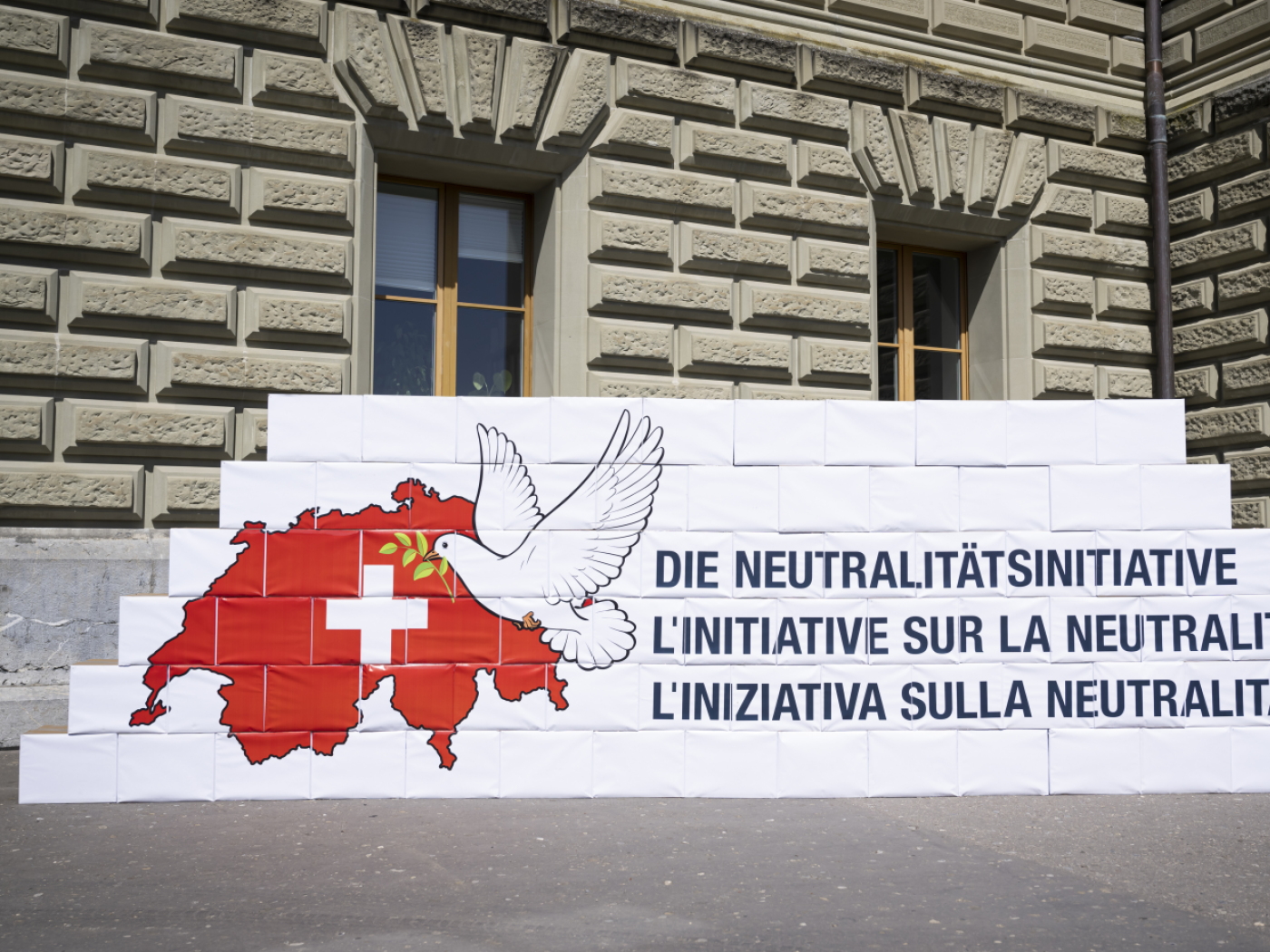
Lausanne public transport to go all-electric by 2030
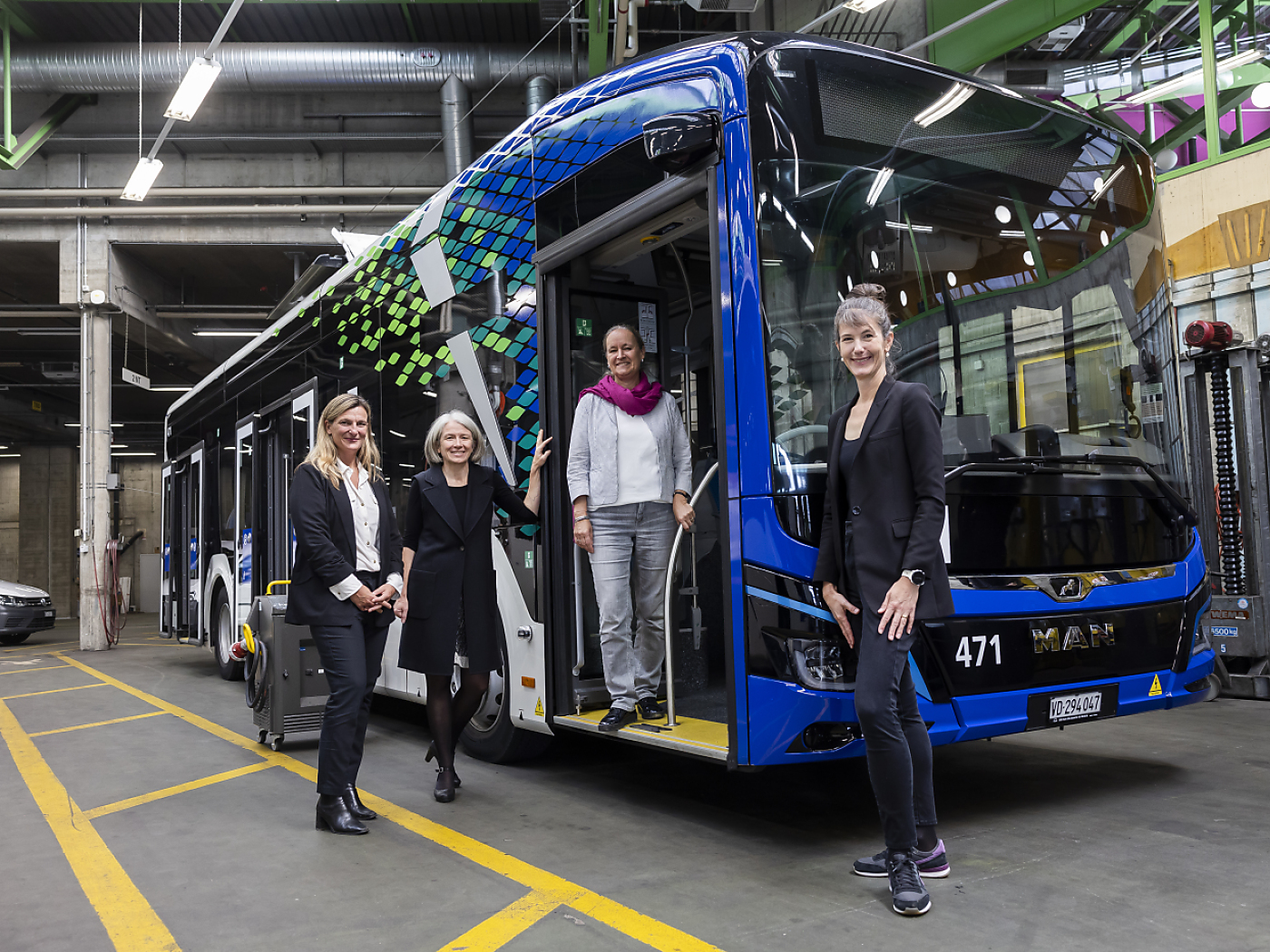
The company that runs public transport in the Swiss city of Lausanne intends to convert its entire fleet of vehicles to electric power within the next five years, with the exception of a few minibuses. The plan is to replace 162 diesel buses with electric vehicles in the Swiss city.
Currently three-quarters of the 126 million passengers carried by the public transport company tl every year travel in electric vehicles. “The company intends to increase this figure to 100% by 2030,” the company said on Monday. The additional investment required to decarbonise the fleet is in the region of CHF130 million ($152 million).
+ Get the most important Swiss news directly in your inbox
The measure is in line with public authorities’ climate plans. In Lausanne, mobility accounts for almost a quarter of direct greenhouse gas emissions. “The city is aiming for zero direct emissions from mobility by 2030. The decarbonisation of the tl fleet will enable us to make progress towards this objective”, said Florence Germond, the municipal councillor in charge of mobility.
+ Swiss train and bus service to get climate-friendly overhaul
Numerous challenges
The diesel buses will be replaced “as and when they reach the end of their life”, tl said. The final deadline of 2030 will be met “if all the necessary purchasing, infrastructure and equipment procedures […] can be carried out”, it added. It described the technical challenges as “numerous but clearly identified”.
To achieve this, tl is banking on two different technologies: trolleybuses with on-the-go recharging and battery-powered electric buses (e-buses) with recharging at the terminal station and/or depot.

More
Why Swiss trams have become sought-after vehicles in Ukraine
The switch to 100% electric also implies increased electricity consumption for tl, prompting the company to reflect on its energy supply. A programme of solar energy production on buildings and a search for energy efficiency are planned to limit the increase in electricity needs.
Less noise and pollution
In addition to reducing greenhouse gas emissions, the decarbonisation of the fleet should bring other benefits to the population of the Lausanne region. These include “improved air quality and a reduction in the noise currently caused by combustion engines”, the company said.
Lausanne’s trolleybus network, which has been in operation since 1932, is also a mainstay of tl’s decarbonization strategy, the company points out. This network, which is already being expanded, will be further extended between now and 2030.
Adapted from French with DeepL/gw
This news story has been written and carefully fact-checked by an external editorial team. At SWI swissinfo.ch we select the most relevant news for an international audience and use automatic translation tools such as DeepL to translate it into English. Providing you with automatically translated news gives us the time to write more in-depth articles.
If you want to know more about how we work, have a look here, if you want to learn more about how we use technology, click here, and if you have feedback on this news story please write to english@swissinfo.ch.

In compliance with the JTI standards
More: SWI swissinfo.ch certified by the Journalism Trust Initiative









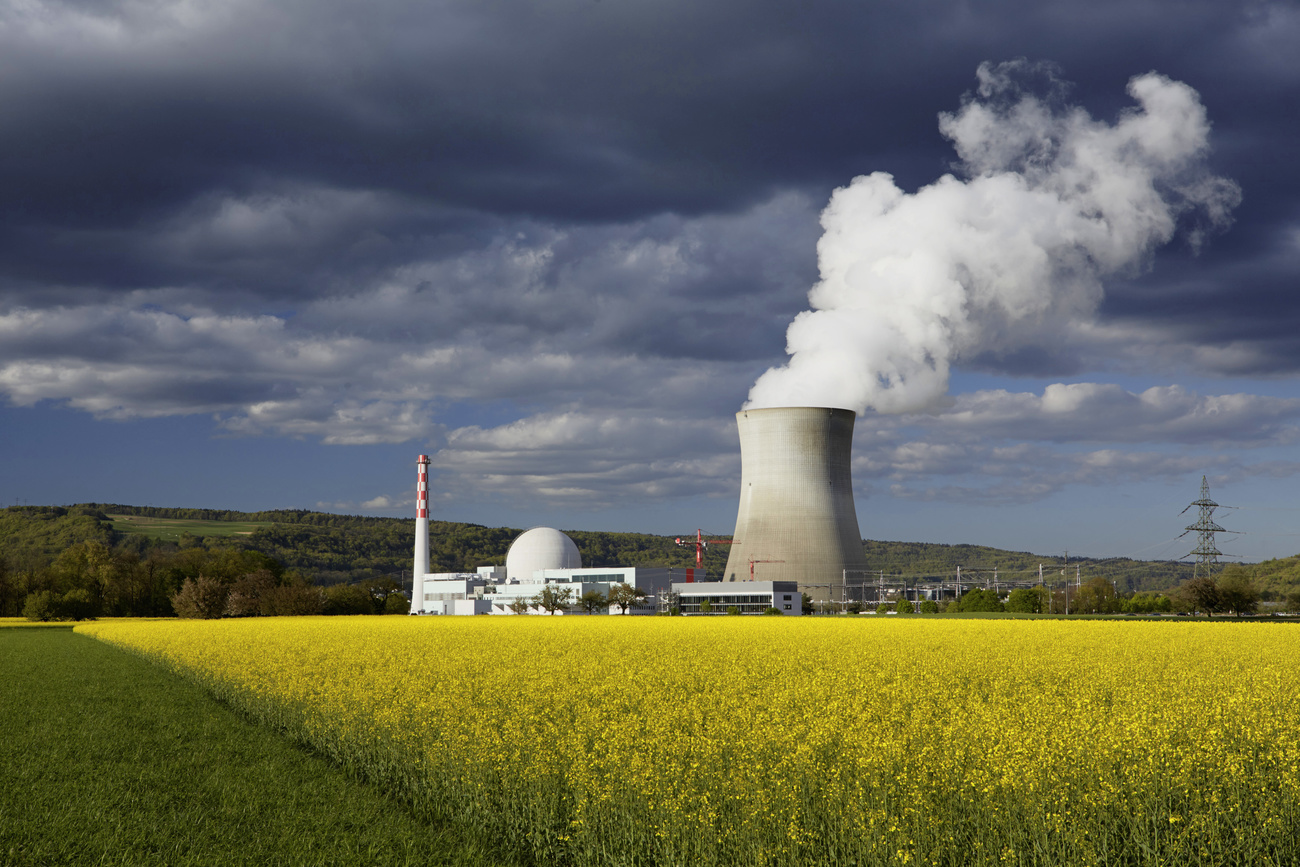
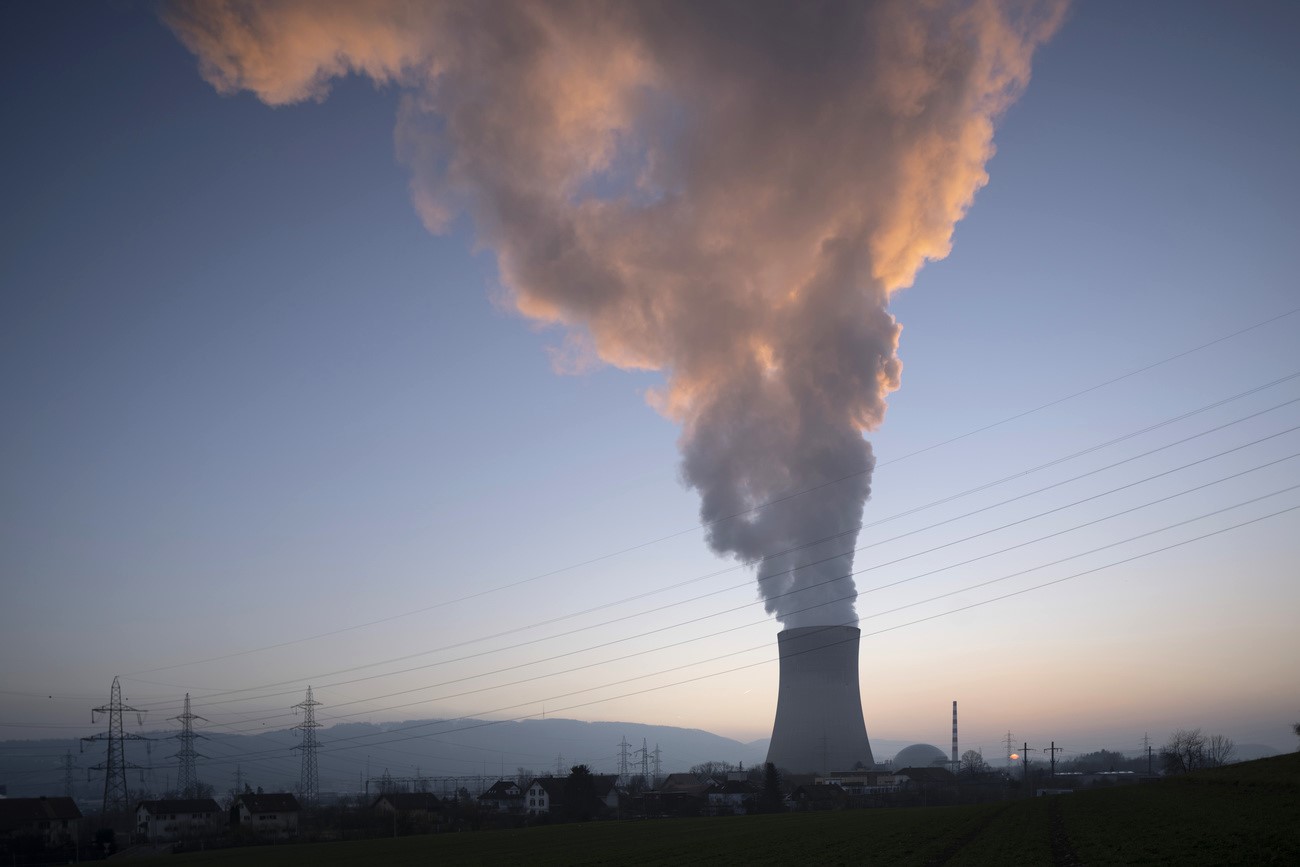






























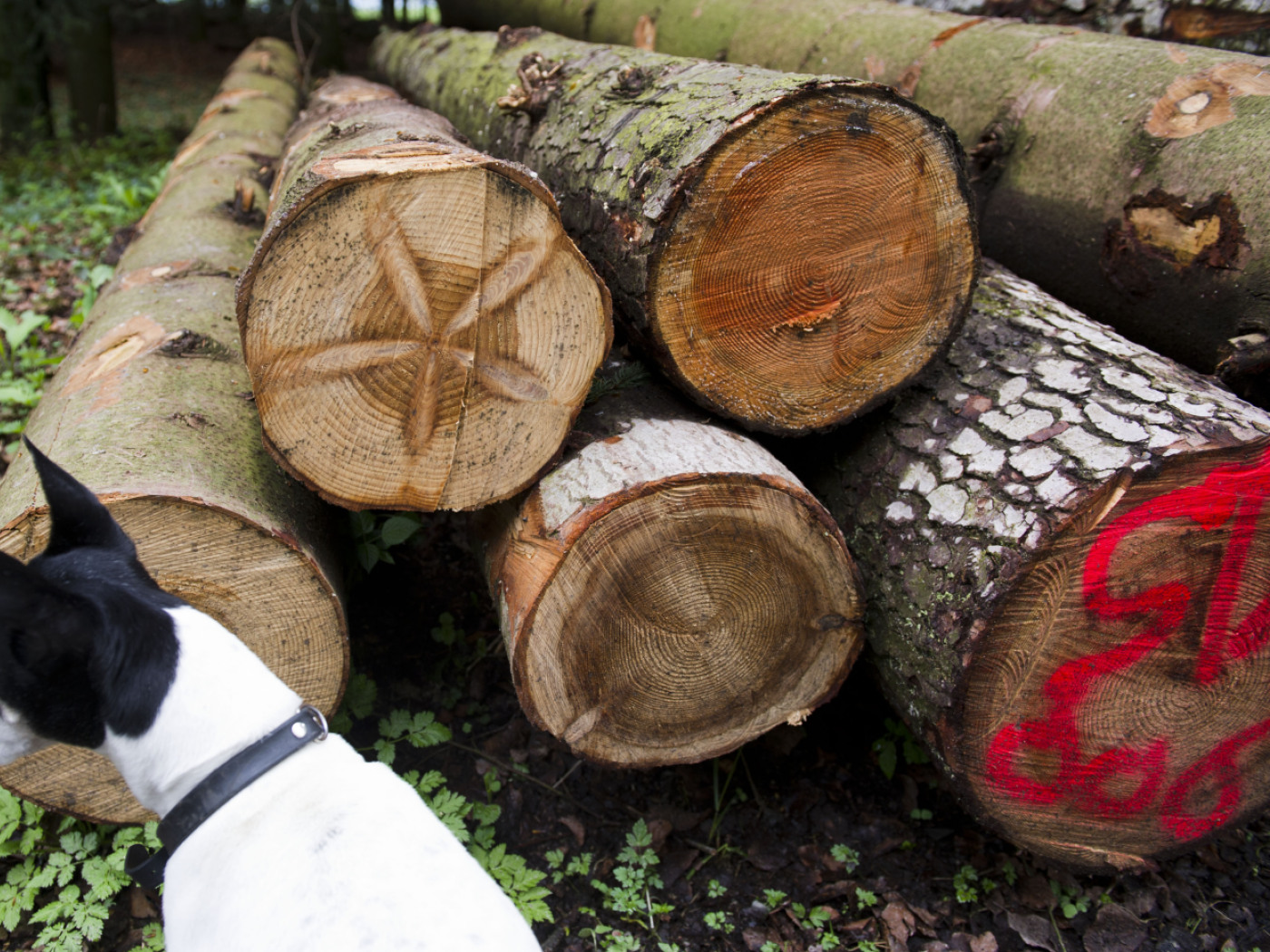


You can find an overview of ongoing debates with our journalists here . Please join us!
If you want to start a conversation about a topic raised in this article or want to report factual errors, email us at english@swissinfo.ch.